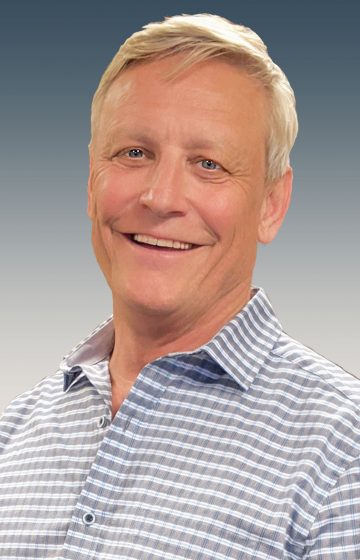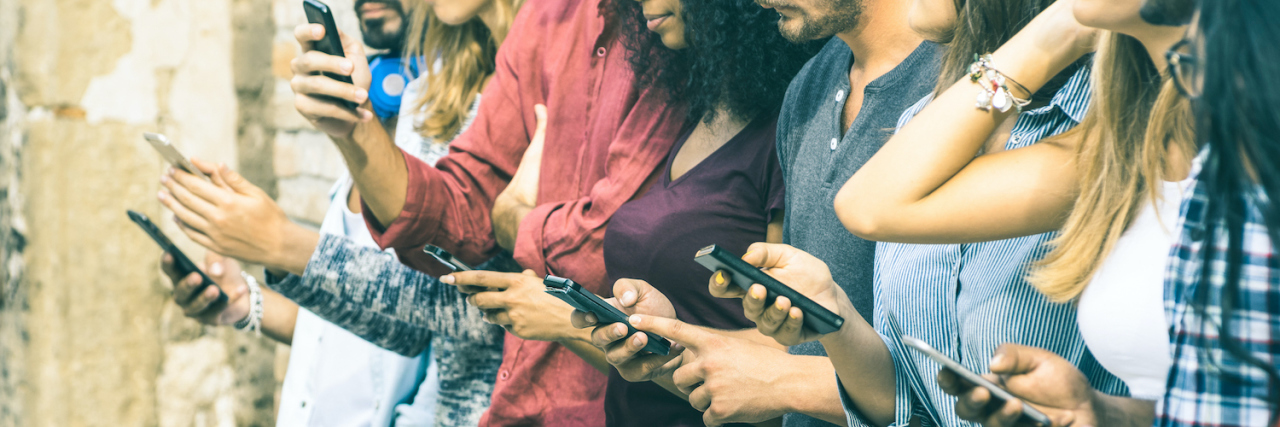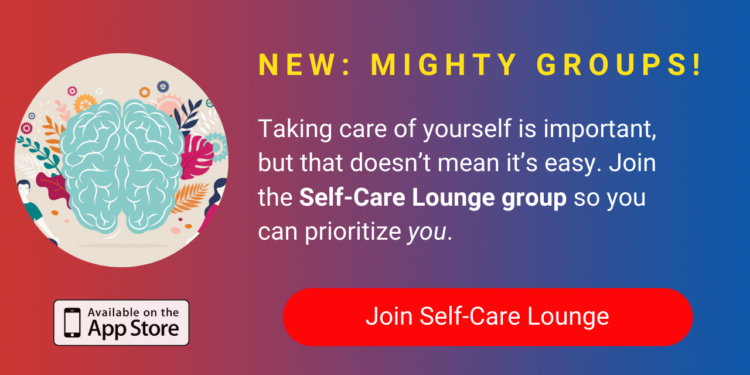Recently, I had a chance to sit down with Harvard professor Dr. Michael Rich (M.D.), founder and leader of The Center of Media and Child Health. In addition to his comments on that topic, Dr. Rich had a lot to say about social media and mental health in general.
What are some of the problems you see for patients with psychological problems in their use of social media?
I take care of a fair number of patients and one of the things that’s hardest for them is to come clean to those who want to help and nurture them. I think first of all that for people who are both struggling with psychological or psychiatric issues – and for all of us – the hardest but most important thing to do, particularly with social media, is to be real, be authentic.
I think that the biggest problem with social media is how we are using it. Essentially most of us use social media to market ourselves to the world. We go to it in hopes that it will build community, we’ll make connections with people. What ends up happening is those who are most vulnerable or folks with varieties of anxiety — most prominently social anxiety — feel anxious in an in-person social situation. They go to social media to take baby steps to try to connect with people. But because we are using it as a marketing tool to the world, what they see appears to be that everyone else is happier, more successful and “better” than they are. They go to it feeling insecure and they come out of it feeling even worse in many cases.
What really builds relationships and connections is us showing each other our vulnerabilities, showing each other the ways in which we need someone else, not the ways in which we are a prize for someone else.
You use the term “problematic interactive media use.” Can you tell us what you mean by that?
Part of why we call it problematic interactive media use is it’s not an addiction. It is more akin to binge eating disorder, in the sense that it’s overuse of a necessary resource in the 21st century. The online space, the interactive media space, is necessary to function at school, at work, etc. Problematic interactive media use is continued overuse despite negative outcomes and it is driven by underlying conditions, including anxiety, especially social anxiety, but also depression.
We don’t see the technology as being the problem, so calling it internet addiction or gaming disorder or smartphone disorder or smartphone addiction points to the technology as having done something to us. It is actually our behavior that is the issue — how do we behave with these technologies, not how have these technologies harmed us in some way.
What do you think about the online therapists that have become so popular since the pandemic?
I think that there are many, many ways to use telehealth that can be very effective, but I think that it is much more effective and much more efficient in terms of progress made when it is with someone you have already met face-to-face in real life, as opposed to someone you are meeting for the first time online. First of all, you get a lot more visual and audio cues.
The other thing, quite honestly I hate to say it, but there are people who exploit that need, who present themselves as doctors. It’s problematic because obviously someone is not only exploiting it for their own advancement, but they are generating false hope in people. I think it is unethical and profoundly unfair to someone who is seeking any sign that there is a way out of the dark space for them.
I think that what’s really important here is to use the same level of vetting of your caregivers as you would someone you’re seeing in real life. Talk to them and see if you can trust this person enough — whether you feel heard, whether you feel connected, whether you feel that they really care, rather than just going through the motions.
Any final thoughts?
I think we lost a lot when “friend” became a verb. We friend people willy-nilly, but they’re not the kind of friends that you can cry to in the middle of the night or who you could reach out to for a shoulder to lay your head on. I think that we, in our quest for and achievement of near-infinite connectivity, have lost our connectedness in a deep and meaningful way.
I think that, quite honestly, if we can learn from the authentic behavior of folks who are sharing a vulnerability like bipolar disorder or virtually anything — attention deficit hyperactivity disorder, physical disabilities, cognitive disabilities — if we can actually be honest and true and let people know our limitations, that people will step in and complement us. They will complete us. I think that is what true friendship or true relationships are.
Interview with Dr. Michael Rich, November 5, 2020

Getty image by ViewApart


